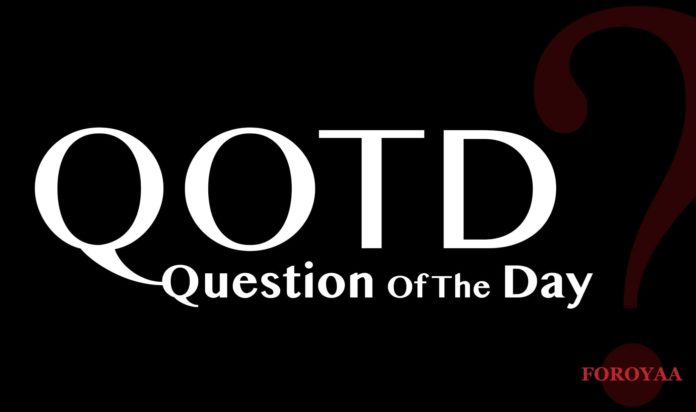QUESTION OF THE DAY
In 1996 when the then CRC presented the draft Constitution there was no National Council for Civic Education to take the official responsibility to explain its content to the Gambian people. The current CRC has a partner.
Section 198 of the 1997 Constitution has established the NCCE and section 199 subsection (1) has charged it with responsibilities that include the following:
“The functions of the National Council for Civic Education shall be-
(a) to create and sustain within society an awareness of the principles and objectives of this Constitution as the fundamental law of The Gambia;
(b) to educate and encourage the public to defend this Constitution against all forms of abuse and violence….”
Hence the NCCE should be given all the resources to move with speed to enable all Gambians to know the content of the draft Constitution before the CRC commences its consultation on the feedback from citizens. Those who could already understand the content should begin to send their opinions to the CRC in the form of memoranda if they are in disagreement with any provision.
The citizenry should take note that they have to ultimately make a decision. They must look at the Constitution both in parts and as a whole. They must expose the parts they disagree with and try to convince the CRC to improve their draft before final submission. Every submission made should be subjected to a discussion. There are eleven members of the CRC and decision is made by the majority. If any submission is rejected one should know that the majority of CRC members have decided to do so.
Notwithstanding, one does not have to reject the Constitution as a whole just because a provision is there that one does not agree with. First of all one must determine whether the provision one is disagreeable to is so paramount that rejecting the whole is better than accepting it.
This is how matters stand.



















